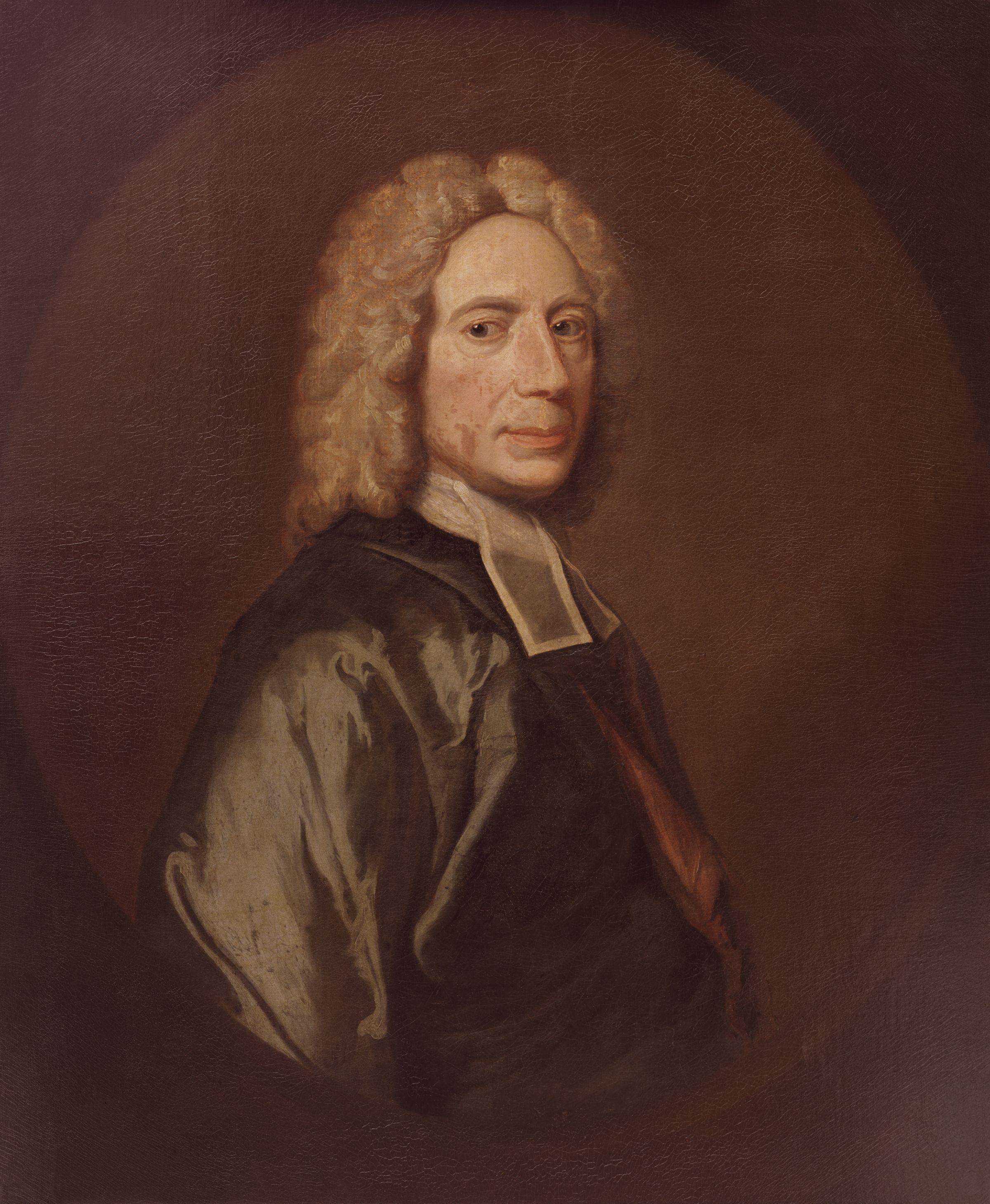Isaac Watts foi um poeta, pregador, teólogo, lógico e pedagogo inglês. É reconhecido como o "Pai do Hino Inglês", como ele foi o primeiro escritor de hinos prolífico e popular inglês, creditado com quase 750 hinos. Muitos de seus hinos permanecem ativos no uso hoje e têm sido traduzidos em várias línguas.
Nascido em 1674, Southampton, Inglaterra, Watts cresceu em uma casa de um empenhado religioso não-conformista; seu pai, também chamado Isaac Watts, o qual foi encarcerado duas vezes devido suas ideias. Na escola do Rei Eduardo VI, Watts recebeu uma educação clássica, aprendendo Latim, Grego e Hebraico.
Desde a idade mais tenra, Watts se mostrava propenso a rima. Certa feita, ele respondeu quando o perguntaram o porquê ele mantinha os olhos abertos durante orações:
Que quer dizer:
Ao receber punição corporal por isso, ele exclamou:
O que em inglês rima e que quer dizer:
Por ser um não conformista, Watts não pôde estudar em universidades como Oxford ou Cambridge, as quais eram restritas a anglicanos, segundo as posições do governo da época. Ele então foi para a Academia Dissidente em Stoke Newington em 1690. O restante de sua vida é centrada nessa cidade, que agora faz parte do centro de Londres.
Dando continuidade a sua educação, Watts foi chamado de pastor por uma variedade de capelas independentes de Londres, onde ajudou a treinar pregadores , apesar de sua saúde frágil. Isaac Watts tinha opiniões as quais eram consideradas mais não-denominacionais ou ecumênicas que o normal para a maioria dos não conformistas de sua época; ele tinha um interesse maior em promover a educação e estudos que a pregação em si para algum determinado grupo.
Começou a trabalhar como um tutor privado, Watts viveu com a família de não conformistas, Hartopp, em Fleetwood House, na rua da Igreja em Stoke Newington. Então ele passou a conhecer a vizinhança imediata, Sir Thomas Abney e Lady Mary.
Convidado par a passar uma semana em Hertfordshire, Watts acabou vivendo 36 no total nas dependências da família Abney, na maior parte do tempo em Abney House, a segunda residência da família.
Com a morte do Sir Thomas Abney em 1722, a viúva Lady Mary e sua filha solteira, Elizabeth, se mudaram com toda sua família para Abney Hall, situava em Hertfordshire. Ela convidou Watts para continuar com sua família. Ele viveu em Abney Hall até a sua morte em 1748.
Watts gostava particularmente das dependências do Abney Park, onde ele sempre buscava inspiração para escrever seus hinos e livros.
Watts faleceu em Stoke Newington em 1748, e foi enterrado em Bunhill Fields. Ele deixou um extenso legado de hinos, tratados, trabalhos educacionais e ensaios. Seu trabalho influenciou não conformitas independentes e religiosos revivalistas do século XVIII, como Philip Doddridge, o qual dedicou o seu trabalho mais conhecido a Watts.
Wikipedia
✵
17. Julho 1674 – 25. Novembro 1748
